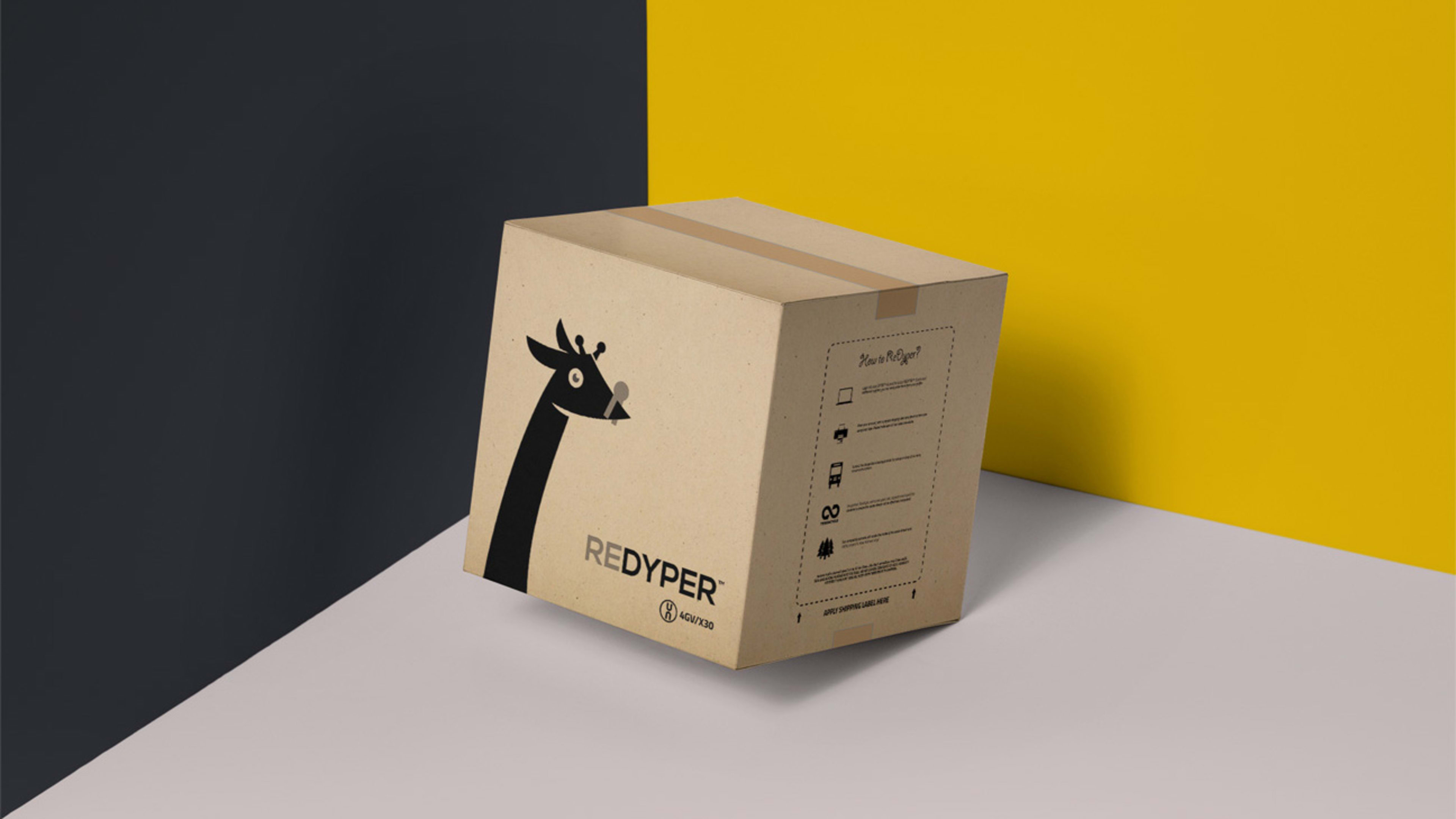Environmentally conscious parents can choose sustainable baby wipes and forego plastic toys for more eco-friendly alternatives, but there’s still the conundrum of what to do with the deluge of diapers their kids will go through. Reusable cloth diapers are labor intensive, and only a few cities have services to which parents can outsource all that washing.
Disposable diapers, though a blessing for convenience, have been a blight on the environment; in the United States alone, an average of 20 billion disposable diapers are tossed into the trash annually, and they take about 500 years to decompose. Now parents have another option: shipping their baby’s dirty diapers off to be composted—as long as they get them from diaper subscription company Dyper.
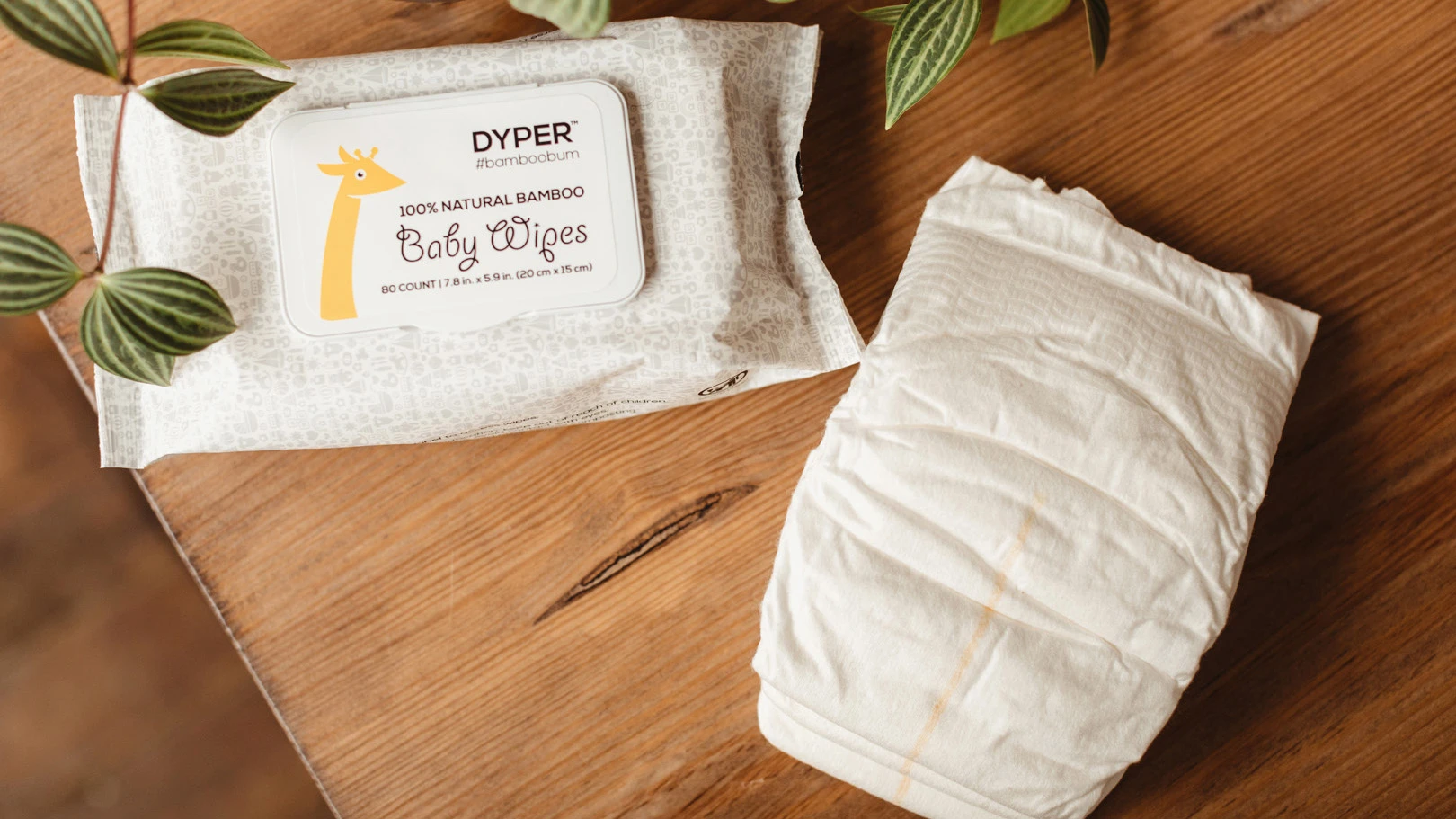
Dyper has teamed up with TerraCycle to launch its ReDyper program, through which subscribers can send back their soiled Dyper diapers in provided bags and specially designed boxes that meet United Nations Haz Mat shipping standards. When the box is full, parents can download a prepaid shipping label from the TerraCycle website, ship it away, and the diapers will end up at TerraCycle distribution centers, then industrial composting facilities that TerraCycle partners with, and ultimately, be turned into compost used for things like vegetation on highway medians.
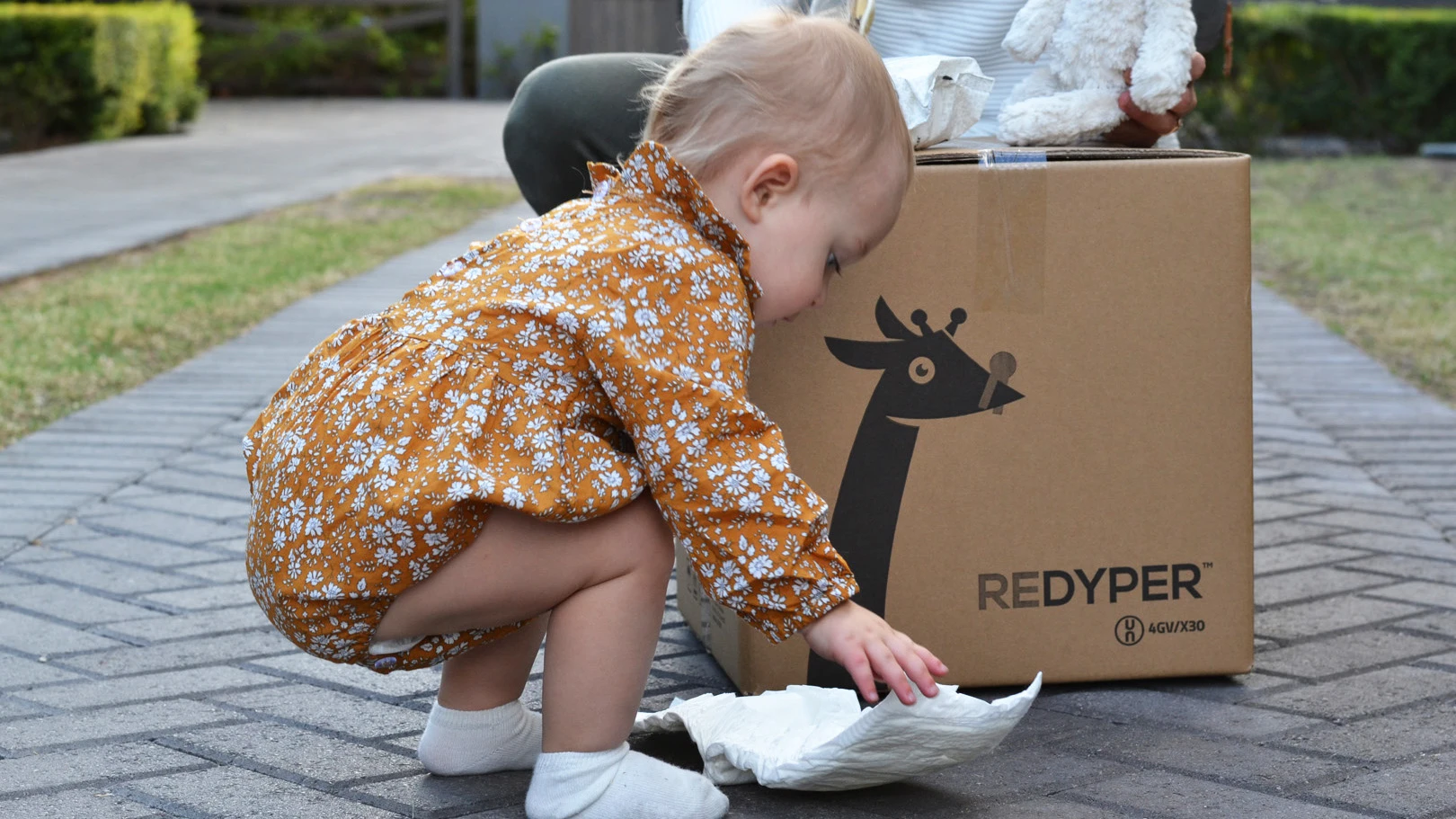
The ReDyper program is a new addition to Dyper’s subscription model, which first launched in 2018 and offers at-home delivery of bamboo diapers without chlorine, latex, alcohol, perfumes, PVC, lotions, and the chemicals tributyltin, or phthalates. They’re also free of ink, as they don’t have any patterns printed on them. Disposable diapers often contain a few of those ingredients, whether in chlorine-bleached cores, infused lotions, or fasteners which have phthalates to add flexibility to the plastic—and though they’re generally seen as safe for babies, they have harmful environmental impacts. Other companies do offer bamboo diapers that are billed as more eco-friendly than disposables with all those added elements, but if those diapers still end up in landfills, they won’t decompose.
Since its start, Dyper has said its bamboo diapers can be composted at home—as long as they don’t contain any fecal matter, and you don’t use that compost for food gardens—but Taylor Shearer, content manager at Dyper, admits that’s not feasible for all parents. “We talked to many moms that wish that they had that opportunity to compost, because they’re living in New York City in an apartment on the 24th floor and they have no option to do that,” she says. This ReDyper program, which has been in the works for nine months, fills that gap—and now allows all soiled Dyper diapers to be composted—in a way that’s hopefully easy enough to get people on board.
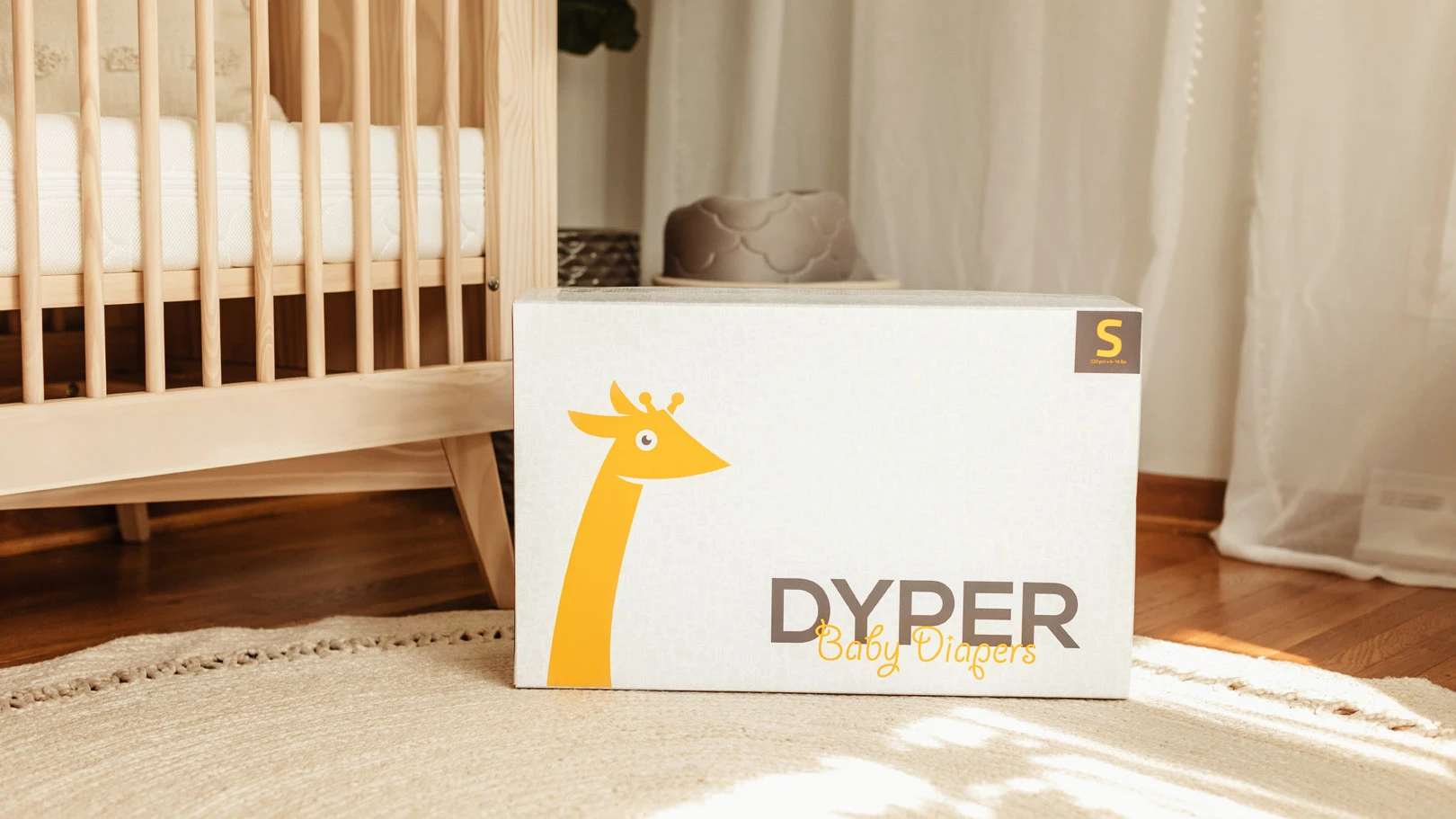
“It’s got to be super convenient. It’s got to be, frankly, as close to convenient as possible relative to throwing it out,” says TerraCycle CEO Tom Szaky. This is a brand-new venture for TerraCycle; the private recycling company has never had a national platform for handling diapers, though it does run a small recycling program in Amsterdam with Pampers. Still, U.S.-wide diaper waste is different: Here it totals 3.5 million tons each year, and Szaky says there’s no diaper recycling program available in the country. TerraCycle also hasn’t ever composted diapers before, but Szaky says he’s confident the current composting infrastructure can handle this demand, and that it will only compost Dyper diapers for nonfood supply areas.
In terms of how convenient it is to set aside dirty diapers until enough are ready to be shipped, Szaky says parents are already doing this. A parent himself, he’d simply fill a Diaper Genie until he was ready to take the trash out. “And, you know, I felt really bad when I was using disposable diapers, all the waste that’s produced,” he adds. “And then we also tried cotton diapers, and that’s a huge amount of work . . . This [ReDyper program] is sort of one that helps solve all those pieces.”
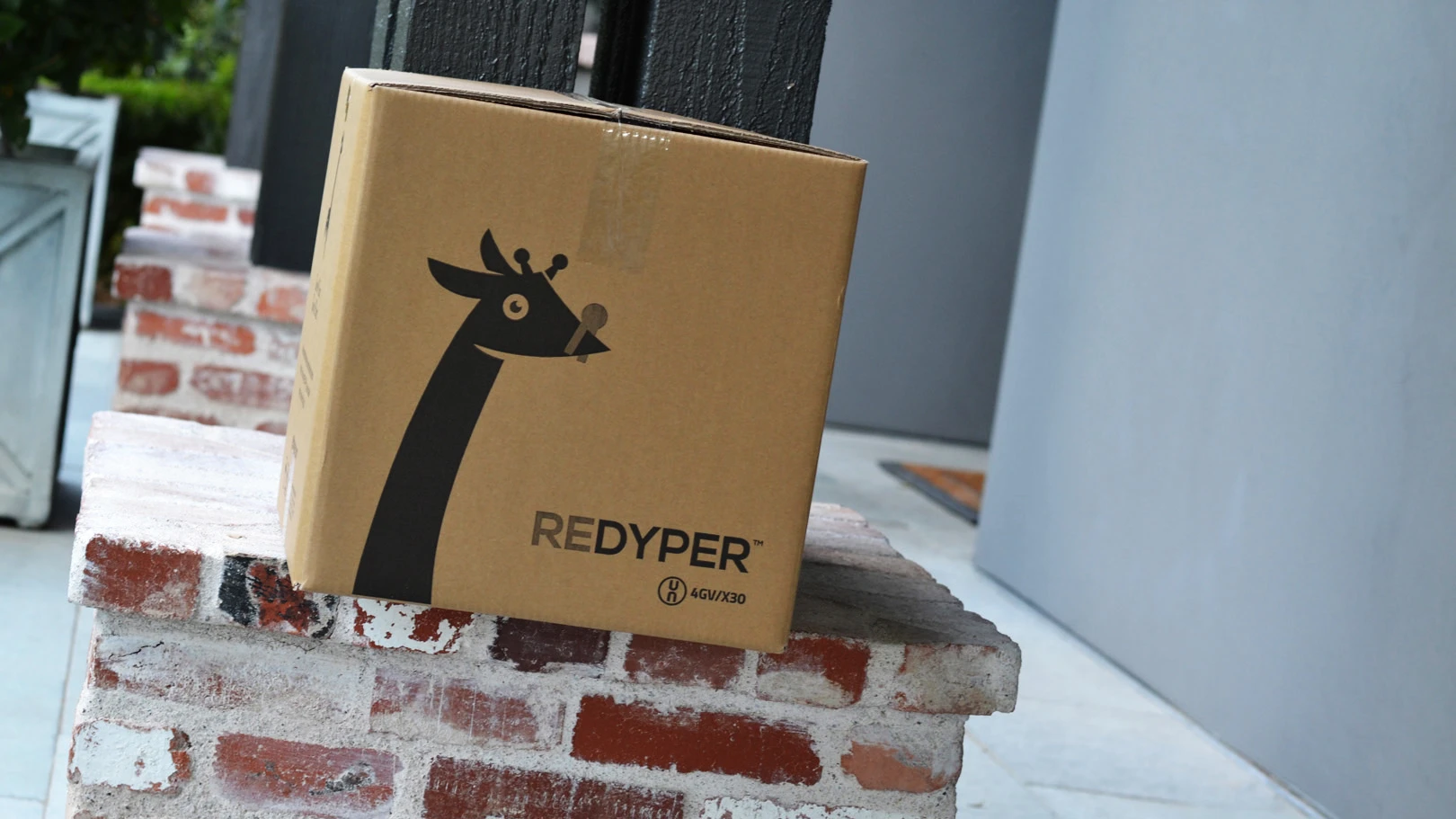
According to most experts and anecdotal accounts, a baby can go through 2,500 to 3,000 diapers in their first year. That’s a lot of waste, and if parents are using Dyper—whether to only get diapers sent to them or to additionally send them back to be composted—it’s also a lot of shipping. Shearer says the company addresses that environmental concern by working with carbon offset nonprofit Cool Effect; the amount offset is noted for each delivery, and subscribers receive offset certificates from Cool Effect after each delivery via email.
The ReDyper program costs $39, on top of the regular Dyper subscription, which is $68 for a four-week supply. The amount of diapers you receive in each supply depends on the size you’re ordering—newborn diapers come 260 at a time, extra-large diapers for children who weigh more than 28 pounds come 100 at a time—though subscribers can request an emergency delivery if they run out, which is free of charge but can only be done a limited number of times. This may be a bit more expensive than other options (a 136 pack of Pampers 16-28 pound diapers costs around $40 at Target), but Bruce Miller, president of Dyper, says the value is obvious for their customers.
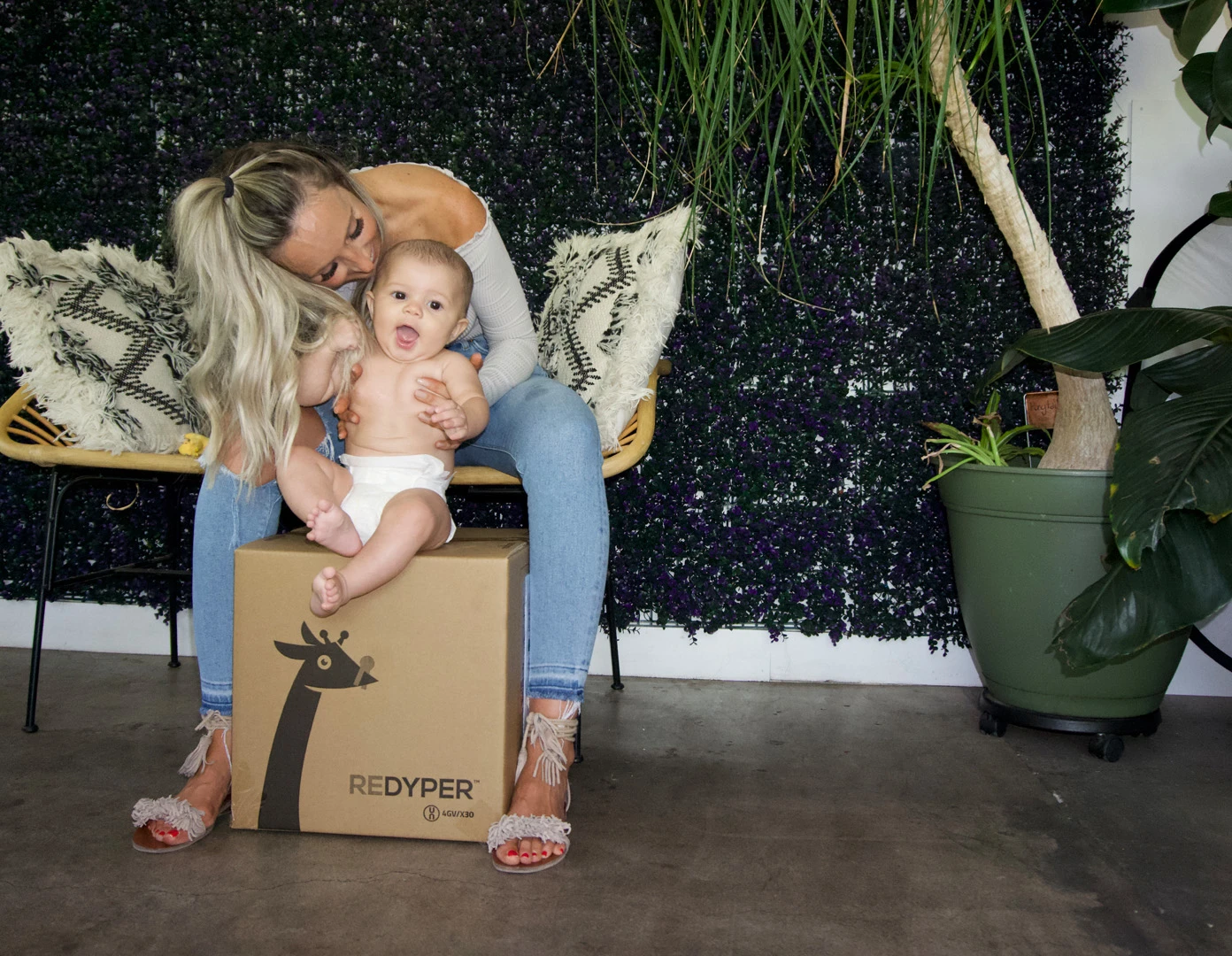
“The value isn’t just calculated on the specific cost. We are not the least expensive and we’re not the most expensive, but we feel when we take this whole approach of using safe ingredients such as bamboo and nontoxic chemicals, and we don’t print on our diapers and our boxes, and offsetting, and trying to compost and getting people to compost, we feel the value is very real,” he says.
On average, Dyper currently sees about 15,000 subscribers ordering new subscriptions or refilling subscriptions every four weeks, and Miller says the company is growing about 10% month-over-month. “We feel that as long as we’re able to keep it simplified and explain our overall value proposition, which does include the environment and what we’re trying to do, we very rarely get price pushback.”
This is the first national diaper composting program in the U.S., but both Dyper and TerraCycle hope others in the industry follow their lead. “Diapers are an unavoidable thing . . . and they are a phenomenal waste stream, so I think it’s important for parents to acknowledge that there’s an issue,” Szaky says. “And then the best way to take responsibility is to vote for organizations, and you vote by supporting these organizations, by purchasing their products that are helping bring out solutions. And then the hope is that as the market sees that happened, that other companies in the space start reacting and bring out other solutions, and then effectively rise the tide so that hopefully 20 years from now, every diaper has some form of recyclability, compostability, or reusability.”
Recognize your brand’s excellence by applying to this year’s Brands That Matter Awards before the early-rate deadline, May 3.
